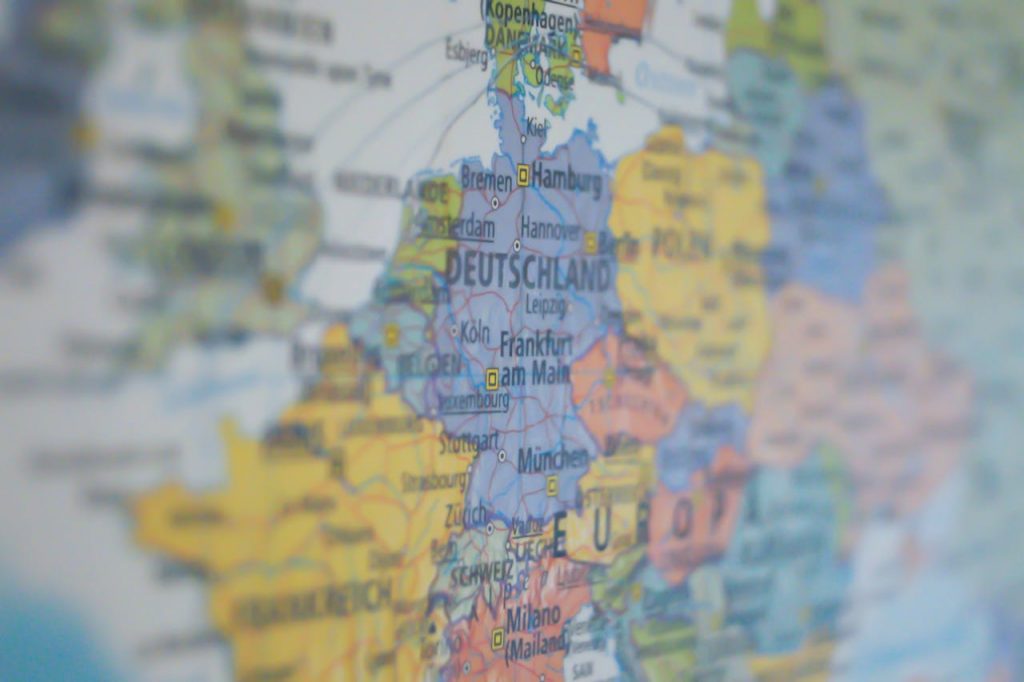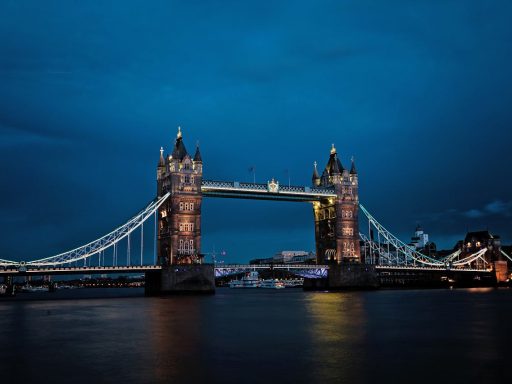Europe ranks at the top of most voyager’s bucket lists. It encapsulates a continent with a copious history, culture, and the finest hotels. It is the ultimate vacation spot for first-time travelers looking to spread their wings on a various travel experience.
All the hype on the internet about hidden gems and unexploited spots is enough to trigger any traveler’s spirit. Moreover, it contains some popular spots such as Buckingham Palace, the Eiffel Tower, Venice, The Colosseum, and Barcelona, among many more.
All the excitement is enough to file for your vacation off work or hire an expert from essayusa.com to handle all your pending assignments. Before packing your bags and air tickets, fully explore the real travel experience to Europe.
Here is a complete breakdown of how to prepare for your next trip across Europe. We help you get your affairs in order months before the travel date.
1. Passport Issue
The planning phase of your travel starts with sorting out your passport issue. It’s best to start this process months before your travel date. Your passport is a form of identification in Europe. It is also your ticket to discover new cultures, explore new destinations, and make unforgettable memories.
Take the necessary steps to obtain or renew your travel documents well in advance for a hassle-free travel experience. You get enough time to collect all relevant and official papers, finish up on the application process, and receive your passport without any last-minute rush.
A solid passport is integral for international travel. Check the expiration date before you book your trip. Most European countries require a valid passport three months prior to intended date of travel. Moreover, the issuance date must be within last ten years.
2. Choose Destination
After getting a travel documents, it’s time to land on your travel destination across Europe. This is a challenging task, as there are 50 countries available for travel.
Your selection protocol starts with what destinations pique your interest. Do you love art and architecture? Or are you more of a foodie? You may be interested in nature and history. Whatever your piques your interest, Europe has it all.
For architecture enthusiasts, Italy and Spain are top spots to land. If you’re a foodie, France and Italy feature the best cuisines. And for nature enthusiasts, Norway and Switzerland are perfect spots.
Before breaking your bank on these destinations, take budgeting lessons. It is the same way you budget for subscriptions to Netflix, healthcare and wellness, an essay writing service, or streaming services. Some European countries can be quite expensive, while others are more affordable. Portugal, for instance, is a great budget-friendly option, while Switzerland can be quite pricey.
Additionally, make considerations on the season you’re flying in. Some countries are best toured in the summer, while others are more enjoyable in the winter. For example, if you want a winter wonderland experience, head to Lapland, Finland, or the Swiss Alps.
Some top European tourist sites include Paris, Rome, Barcelona, Amsterdam, and London. These cities are famous for their art, culture, history, and nightlife. Expand beyond just the popular destinations. Europe has many hidden gems waiting to be discovered.
3. Housing
Finding a place to stay can be daunting. Fortunately, prior planning and in-depth research can help locate the perfect home away from home.
Europe opens up a wide range of housing options, from budget living quarters to luxury hotels. Hostels and lodgings can be a great way to save money when on a tight budget. When working on an unlimited budget, you can opt for high-end hotels or Airbnb rentals.
City explorers should seek housing in the heart of the city. Introverts and nature lovers can opt to stay outside the city center. However, staying in the city center can be more expensive, so it might be worth sacrificing location for budget.
We recommend reading reviews and researching options extensively. Websites like TripAdvisor and Booking.com are great resources for finding reviews and ratings from other travelers. You can also check out local websites or blogs to better understand what to expect from your accommodations.
4. Start Packing
Begin early preparations by counterchecking you have everything you need. Here’s a rundown of what to carry around with you:
- Travel documents: Health travel documents, passport, arrival/departure records, travel insurance, and other necessary documents.
- Clothing: Pack comfortable and versatile clothes in layers to accommodate different weather conditions.
- Travel backpack: Choose a lightweight backpack that’s easy to carry around. Ensure the backpack is made from durable material to avoid cuts or damages that could leave you stranded in a foreign land.
- Toiletries: Travel size deodorant, sunscreen, floss, cleansing wipes, medication, shampoo, and contacts and solution.
- Electronics: Tablet charging cable, camera gear, headphone splitter, portable Wi-Fi hotspot, universal power bank, and pair of binoculars.
- Money: Carry around a mix of hard cash, credit, and debit cards. Alert your bank before flying out to avoid any issues with your cards.
- Miscellaneous items: First aid kit, safety pins, sunglasses, luggage tags, power adaptor, locks, and backpack.
Alternatively, remember to pack light and leave some space for souvenirs. Also, check your airline’s baggage allowance and restrictions before packing.
5. Sort Transport
Europe features an extensive network of efficient, affordable trains, buses, and flights that provide spectacular views of the continent’s landscapes.
Buses are budget-friendly, cheap, comfortable, and run frequently between major cities and towns. Alternatively, trains offer more comfort and speed, with high-speed trains connecting major cities in just a few hours. Flights are also an option, with many low-cost airlines operating globally.
Book your tickets in advance to avoid last-minute hassles and save money. Peak travel season can be expensive, so plan accordingly and be flexible with your travel dates.
Familiarize yourself with local transportation systems, such as the metro, tram, and bus networks. These travel options are often the easiest and cheapest ways to get around cities and can take you to all the major attractions.
Also read: Top Trending Tourist Places in Switzerland
Final Thoughts
Europe is a top tourist destination with great art, culture, food, and history. Moreover, it contains some of the top attraction sites. There’s something for every traveler to take an interest in. However, prepare fully before embarking on your journey. Ensure you have all these details on lock before boarding your plane.







